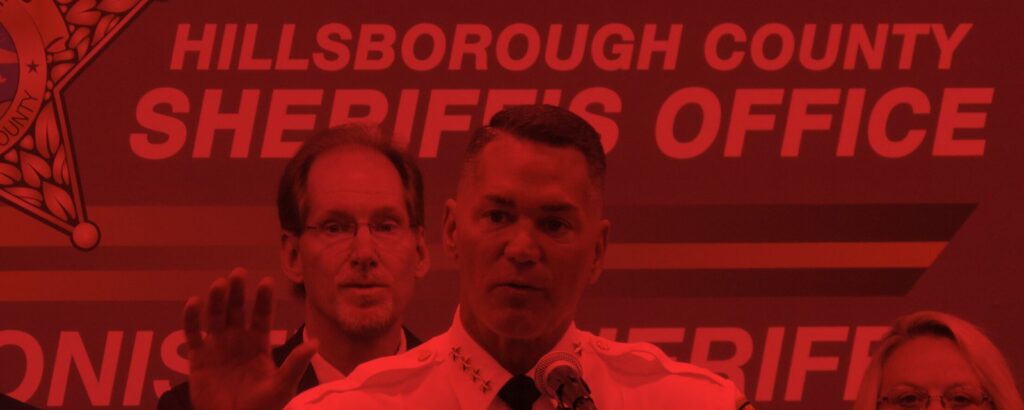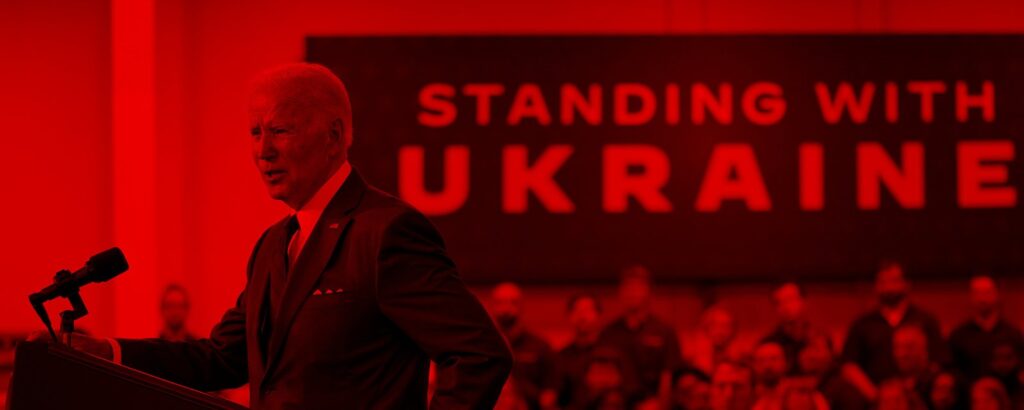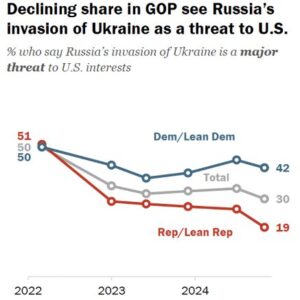
What Trump’s Mass Document Declassification Means
On the eve of his second inauguration, President-elect Donald Trump promised to declassify all federal documents related to the assassinations of John F. Kennedy, Robert F. Kennedy, and Martin Luther King.
In his first term, Trump promised the declassification of the John F. Kennedy files but stopped short of doing just that. It has been alleged that the reason for this was that former CIA Director Mike Pompeo urged him not to, and alleging doing so would threaten national security. In the end, the president released some additional documents but not all that exist, compounding speculation doing so meant US involvement.
Indeed, the findings of the Warren Commission and the official US narrative of the JFK assassination have been criticized for years, and several published narratives contradict the official story. Moreover, Robert F. Kennedy Jr. has said publicly that the information he has been exposed to confirms the CIA was involved in his uncle’s murder.
At times, RFK Jr. has also claimed that the CIA was involved in his father’s assassination and has suggested that his father’s assassin, Sirhan Sirhan, may not have acted alone. To justify this view, he has said that discrepancies in Cesar’s stories related to his firearms have led him to believe that Thane Eugene Cesar, a security guard who RFK Jr. says was a CIA asset, was the likely culprit.
Regardless of which narrative one believes about the Kennedy assassinations, enough questions linger more than 50 years after both events happened, after the death of nearly all prominent figures involved.
The chance to learn more about the Martin Luther King Jr. assassination is perhaps even more intriguing than either of the Kennedys. The FBI’s relentless harassment campaign of the civil rights leader has become public knowledge in recent years, but many of the details about it have remained tightly guarded for decades.
Agency director J. Edgar Hoover branded King “the most notorious liar in the country,” and wiretapped him without a warrant for over a year. The project culminated in a decision to draft a letter to King—authored by Deputy FBI Director William Sullivan—which revealed knowledge of the civil rights leaders’ adulterous affairs and urged him to commit suicide.
In 1999, a civil jury even agreed that a conspiracy by Memphis mobster Frank Liberto and restaurant owner Loyd Jowers was responsible for King’s death, and the King family has maintained that the information they have seen leads them to conclude the FBI did the deed.
A federal judge ordered the FBI’s surveillance tapes on King sealed until 2027, and it remains unclear as to whether those or other documents are the ones Trump plans on releasing. In either case, though, Americans will probably finally get additional answers when it comes to the FBI’s ruthless assault on King’s rights and his death.
Without Pompeo and the most villainous creatures of the deep state to stand in his way, Trump has a real opportunity to change the course of history by declassifying the documents he has promised.
That alone is great news for any dissident, but the greatest benefit is the precedent it may create. A release of this type may justify and lead to future releases of the same kind, potentially unleashing a new era of transparency in government that we have never witnessed before.
Incoming FBI Director Kash Patel—who has supported the creation of a full-time declassification unit—may also encourage the government to abandon the past obsession with secrecy in favor of such an approach.
Above all, Trump’s decision to declassify documents related to the three most controversial political assassinations of the last century is a big step forward for liberty. Beyond shedding light on the past—especially the crimes of the US deep state—it could push the federal government in a more transparent direction.

Dave Benner is the author of “Thomas Paine: A Lifetime of Radicalism” and “Compact of the Republic: The League of States and the Constitution”. He contributes articles to the Mises Institute, Tenth Amendment Center, and Dissident Media.
<a href=“https://substack.com/@dbenner” target=“_blank”> <img src=“https://upload.wikimedia.org/wikipedia/commons/4/42/Substack_logo.png” alt=“Substack” width=“24”> </a> <a href=“https://www.tiktok.com/@dissidentpulse” target=“_blank”> <img src=“https://upload.wikimedia.org/wikipedia/commons/0/0a/TikTok_logo.png” alt=“TikTok” width=“24”> </a>






